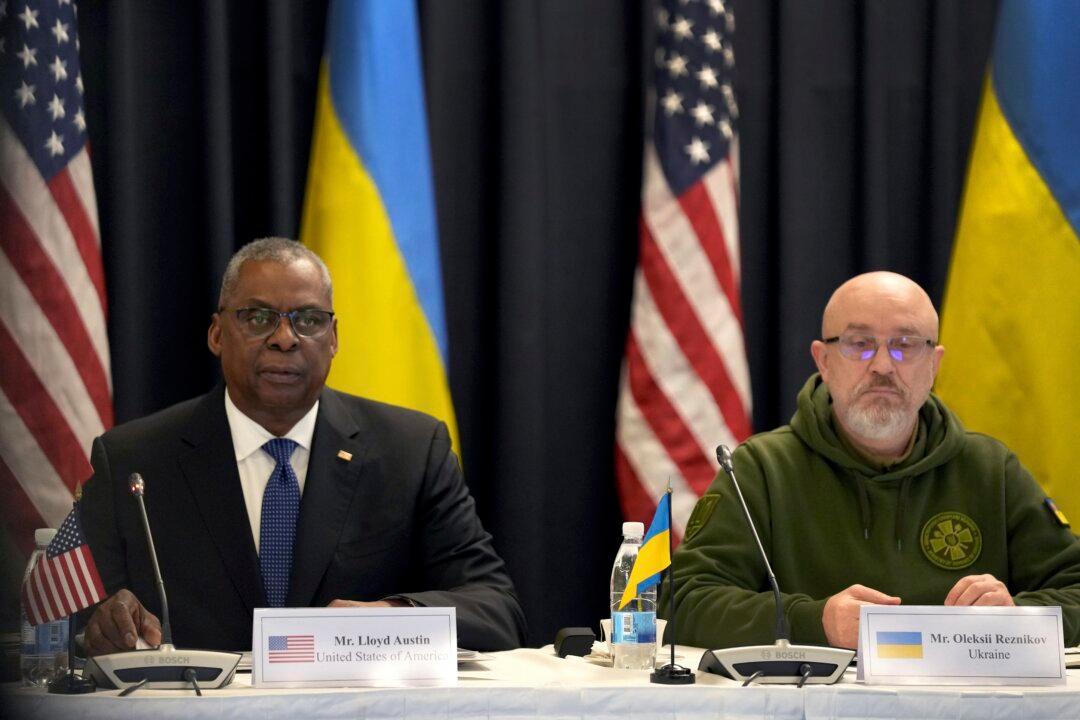A bipartisan quartet of U.S. senators wants Congress to create an inspector general (IG) with broad authority to conduct comprehensive oversight investigations of how U.S. military and civilian assistance to Ukraine has been administered and whether the aid has served the purpose for which it was given.
“Americans are supporting Ukraine’s brave work to beat back Russia by providing at least $113 billion in aid and military equipment,“ Sen. John Kennedy (R-La.) said in a Feb. 28 statement to announce the proposal. ”This is not an act of charity. It’s bolstering our own national security.”





